What We Offer
Shree Balaji Services is the well-Known Manufacturer, Exporter & Supplier of a Qualitative Range of Water Treatment & Wastewater Treatment Products. We offer widget range of water treatment solutions like R.O/U. V/Filtration/ D M Plant / Water Softener / Wastewater Treatment / Industrial Water Treatment / E.TP. / S.T.P& Dialysis RO Plant along with all the water treatments required for Commercial & industrial Purifiers for huge volumes of water.
Types of Industrial Water Treatment Systems:
a. Filtration Systems: Filtration is a fundamental process in industrial water treatment, involving the removal of suspended solids and particulate matter. Various filtration methods, such as sand filters, cartridge filters, and multimedia filters, are used based on the specific water quality requirements and flow rates.
b. Reverse Osmosis (RO) Systems: RO is a widely used water purification process that employs a semi-permeable membrane to remove dissolved salts, ions, and other contaminants from water. RO systems are effective in producing high-quality water for various industrial applications.
c. Ultraviolet (UV) Disinfection: UV systems use ultraviolet light to disinfect water, eliminating bacteria, viruses, and other microorganisms. UV disinfection is a chemical-free and environmentally friendly method, ensuring the safety of treated water without altering its taste or odor.
d. Water Softening Systems: Water softeners are employed to remove hardness-causing minerals, such as calcium and magnesium ions, from water. These systems prevent scale formation in industrial equipment, enhancing their efficiency and lifespan.
e. Deionization (DI) Systems: DI systems remove all ions from water, producing ultra-pure water for critical applications in electronics, pharmaceuticals, and laboratories.
f. Waste Water Treatment Systems: Industries generate wastewater containing various pollutants. Waste water treatment systems, such as effluent treatment plants (ETPs) and sewage treatment plants (STPs), treat and purify wastewater before its safe discharge or reuse.
Benefits of Industrial Water Treatment Systems:
a. Resource Conservation: Industrial water treatment systems enable the recycling and reuse of water, reducing the demand for freshwater and minimizing the environmental impact of industrial activities.
b. Cost Savings: By optimizing water use and reducing water consumption, industries can achieve significant cost savings in terms of water supply and wastewater disposal.
c. Regulatory Compliance: Industrial water treatment systems help industries comply with local, regional, and international environmental regulations, avoiding penalties and potential reputational risks.
d. Improved Product Quality: High-quality water ensures the production of better-quality products, especially in industries like food and beverage, where water purity directly impacts the final product's taste and safety.
e. Equipment Protection: Removing contaminants from water protects industrial equipment from corrosion, scaling, and fouling, extending their operational life and reducing maintenance costs.
f. Environmental Stewardship: By implementing efficient water treatment solutions, industries demonstrate their commitment to environmental stewardship and sustainability, which is increasingly important to customers, investors, and other stakeholders.
Challenges in Industrial Water Treatment:
a. Scaling and Fouling: The accumulation of mineral deposits and organic matter on membranes and equipment surfaces can reduce treatment efficiency and increase operational costs.
b. Emerging Contaminants: Industrial water sources may contain emerging pollutants, such as pharmaceuticals, microplastics, and personal care products, which pose challenges for traditional treatment methods.
c. Energy Consumption: Certain water treatment processes, like RO, can be energy-intensive, contributing to the industry's overall energy consumption.
d. Cost Constraints: Implementing advanced water treatment technologies may involve high initial costs, making it challenging for some industries to adopt sustainable solutions.
Emerging Trends in Industrial Water Treatment:
a. Smart Water Management: Industrial plants are increasingly adopting digital solutions, such as IoT sensors and data analytics, to optimize water use, detect leaks, and improve overall water management.
b. Green Technologies: The industry is exploring eco-friendly treatment solutions and renewable energy integration to reduce the environmental footprint of water treatment processes.
c. Modular Systems: Compact and modular water treatment systems offer flexibility and scalability, allowing industries to adapt to changing water demands and space constraints.
d. Advanced Membrane Technology: Continued research in membrane materials and design is enhancing the efficiency and reliability of water treatment processes like RO and UF (Ultrafiltration).
In conclusion, industrial water treatment systems are indispensable for sustainable and responsible industrial practices. These systems enable industries to efficiently manage water resources, reduce environmental impacts, and ensure compliance with water quality standards. As technology continues to advance, the future of industrial water treatment holds promising opportunities for enhanced efficiency, cost-effectiveness, and environmental stewardship.
Shree Balaji extended all India marketing and after sales support in major industrial towns. Today we have a strong base of 1,000 plus installations across country.
The Most Promising Industry Segments M/S Shree Balaji Services caters are as following:
Automobile, Pulp & Paper, Beverages, Refineries, Schools, Hotels & Restaurants, Laundry Equipment, Boiler Industry, Cooling Tower Industry, Textile Industry, Chemical Plants, Commercial Buildings, Residential Societies, Food Processing Industry, Food Packaging Industry, Pharmaceuticals, Pathological & Surgical Plant and other Manufacturing Plants etc,
Our After Sales Services & Support Includes:
24 Hours Services TAT, Repairing & Maintenance, Revamping of Water Plants, Installation & Commissioning
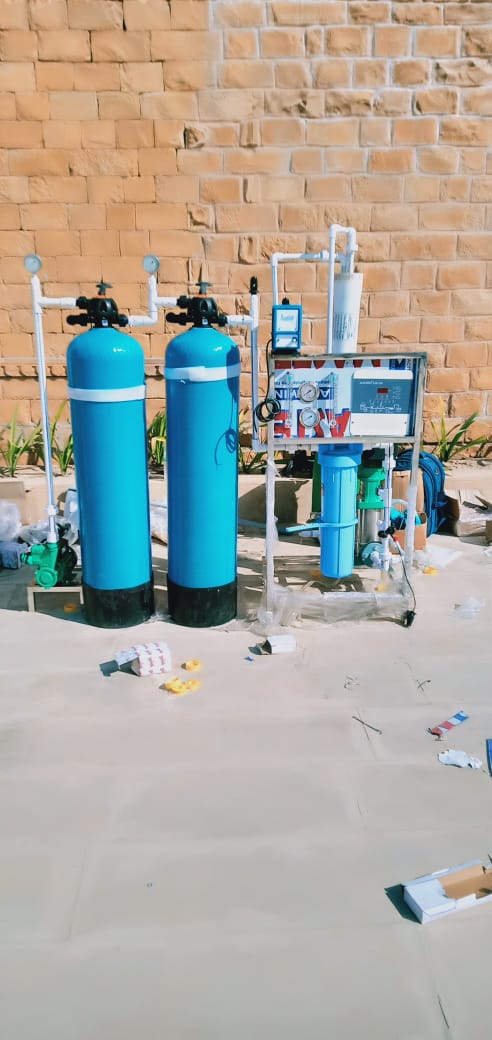
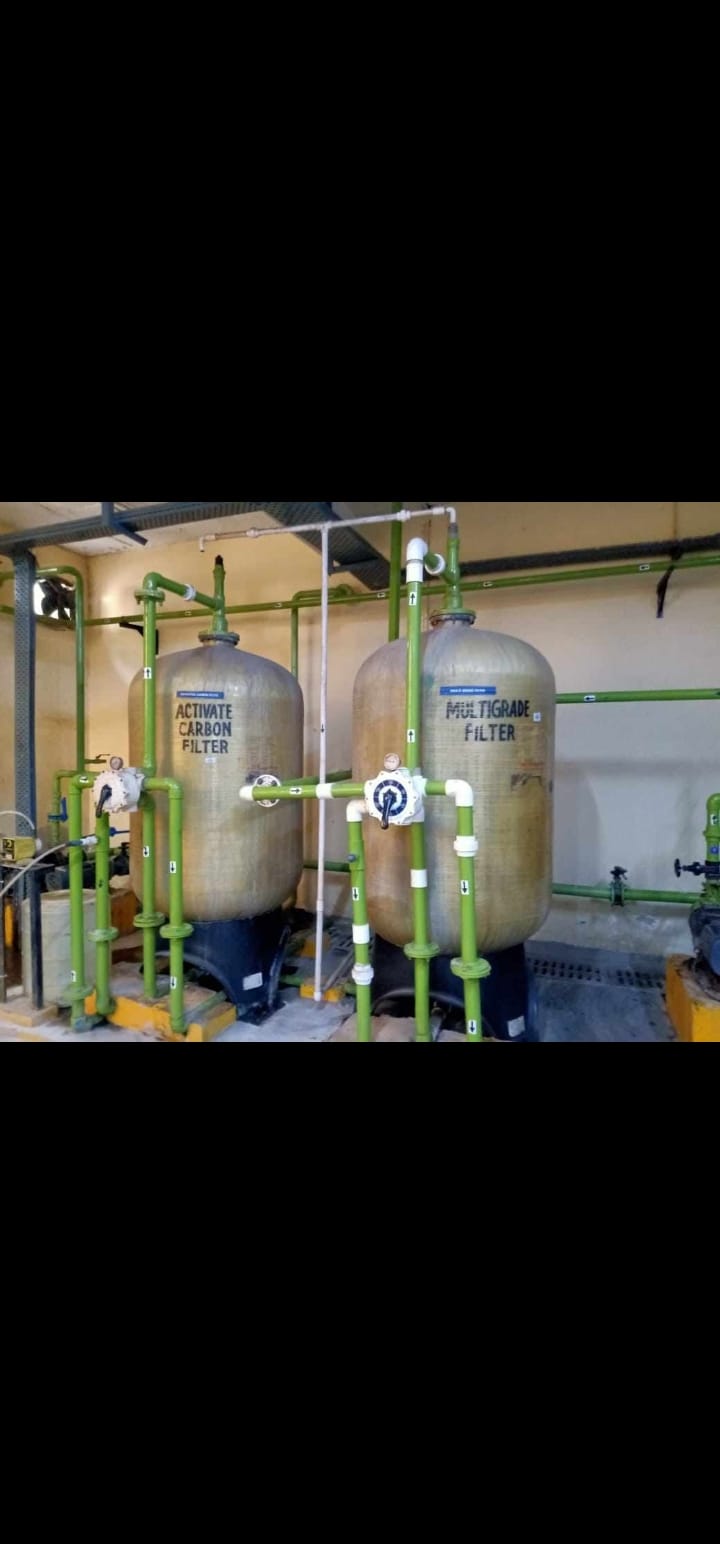
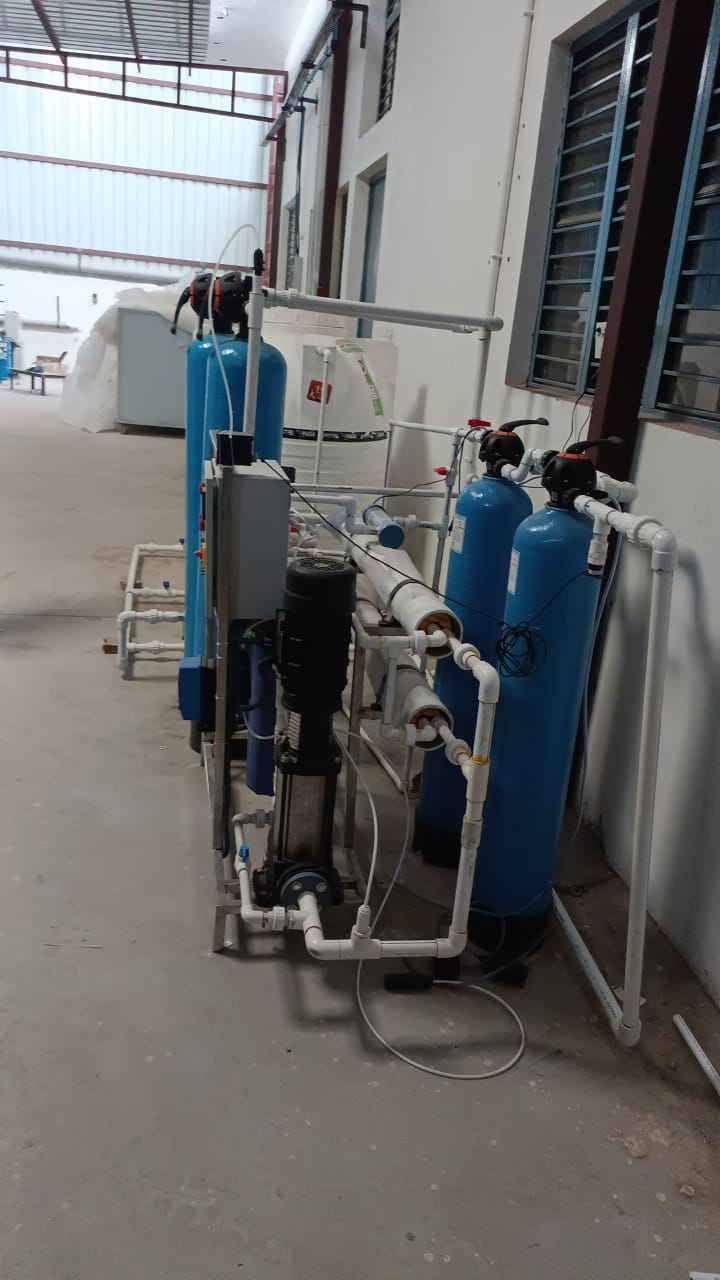
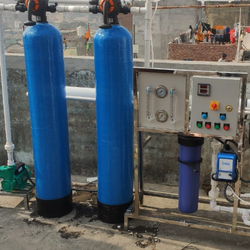
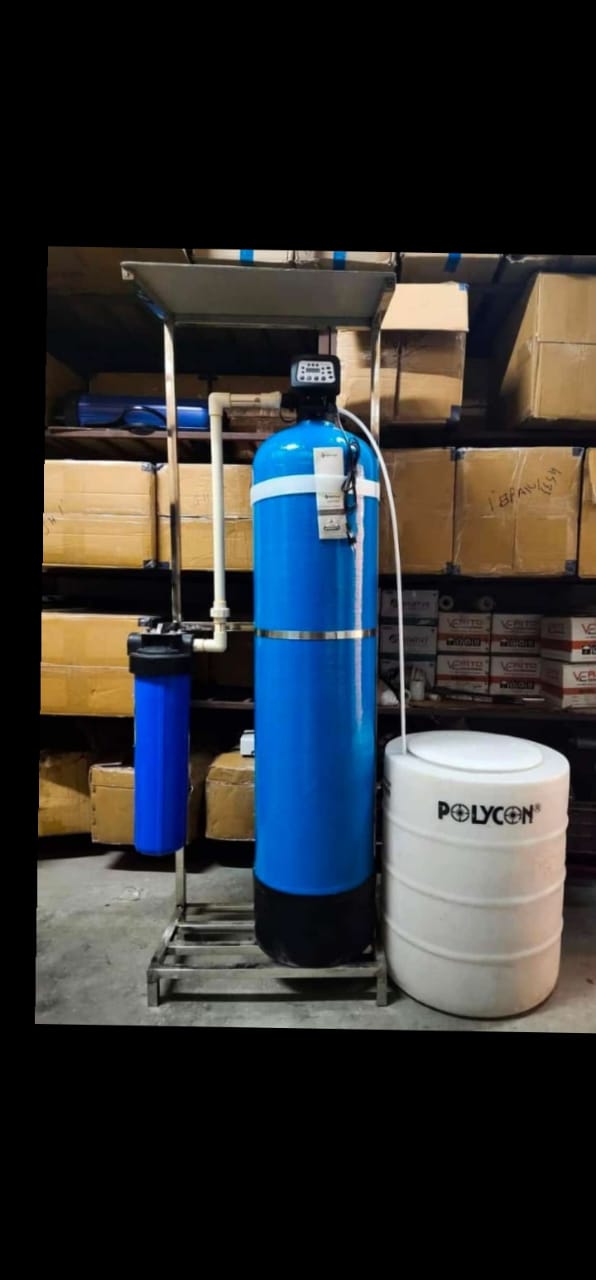
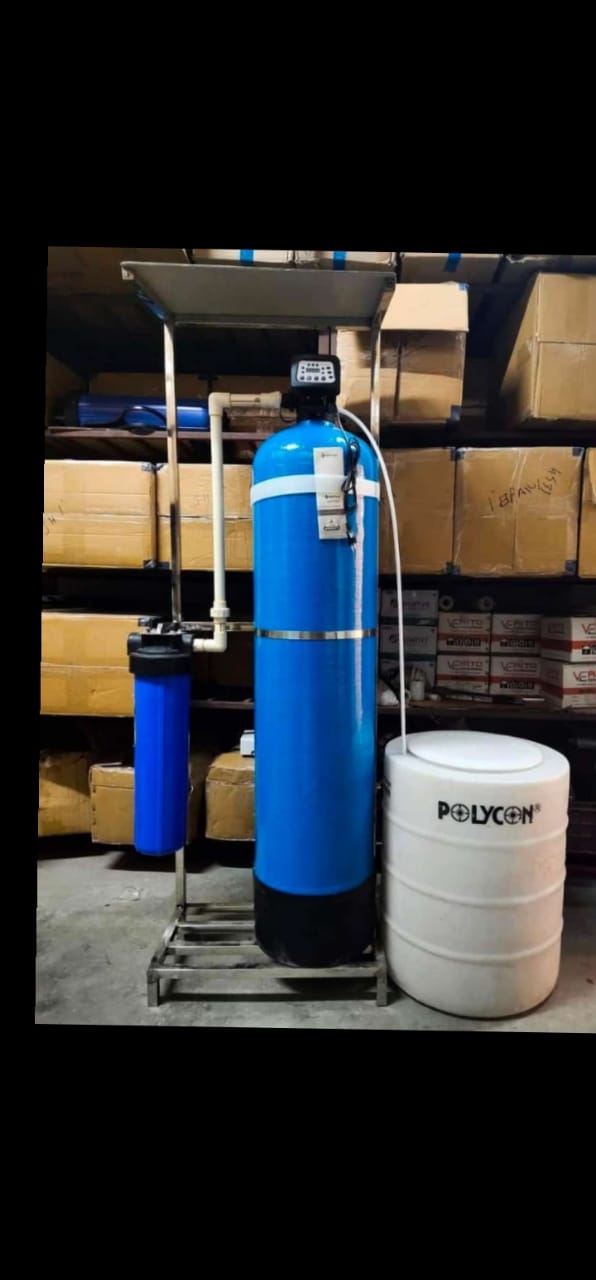
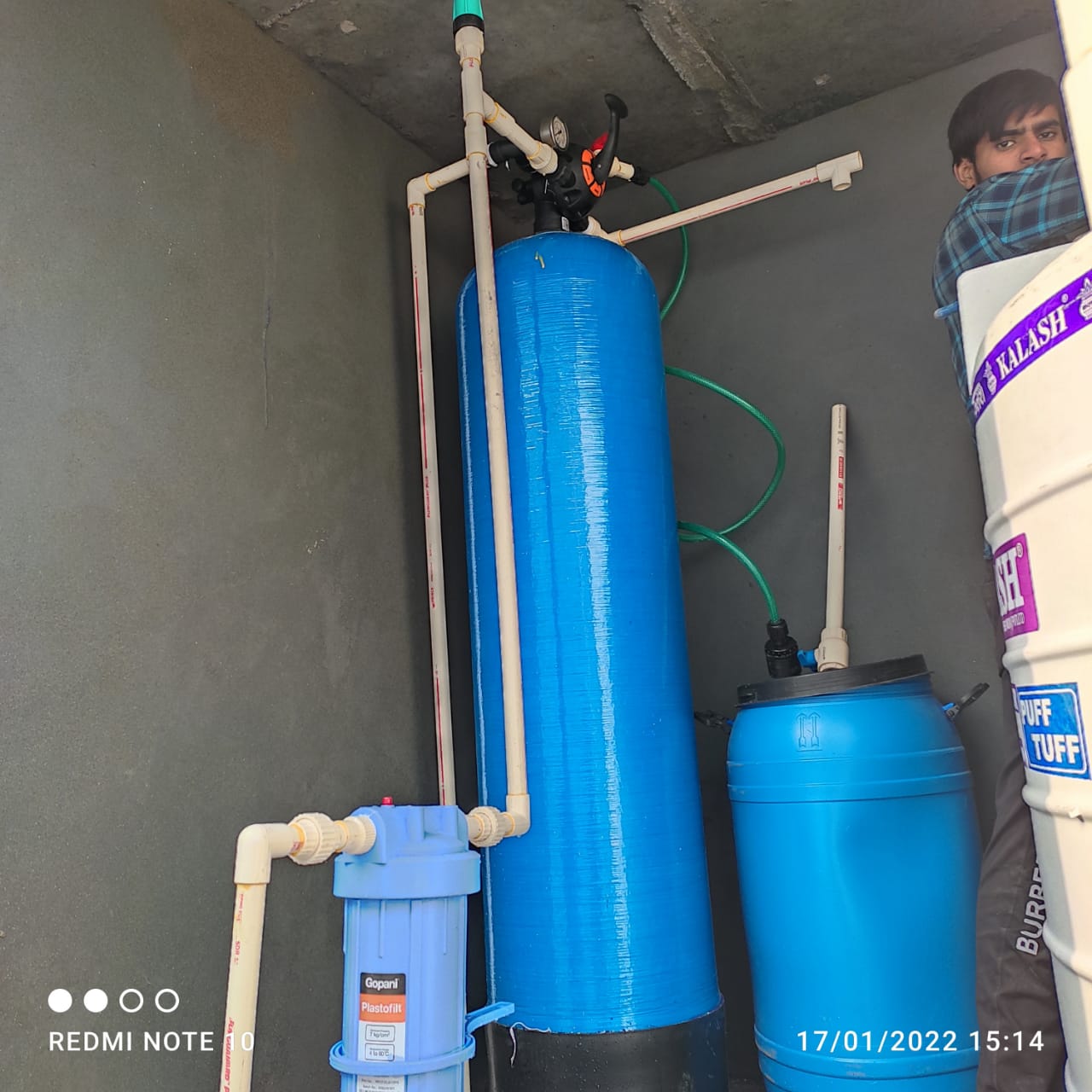
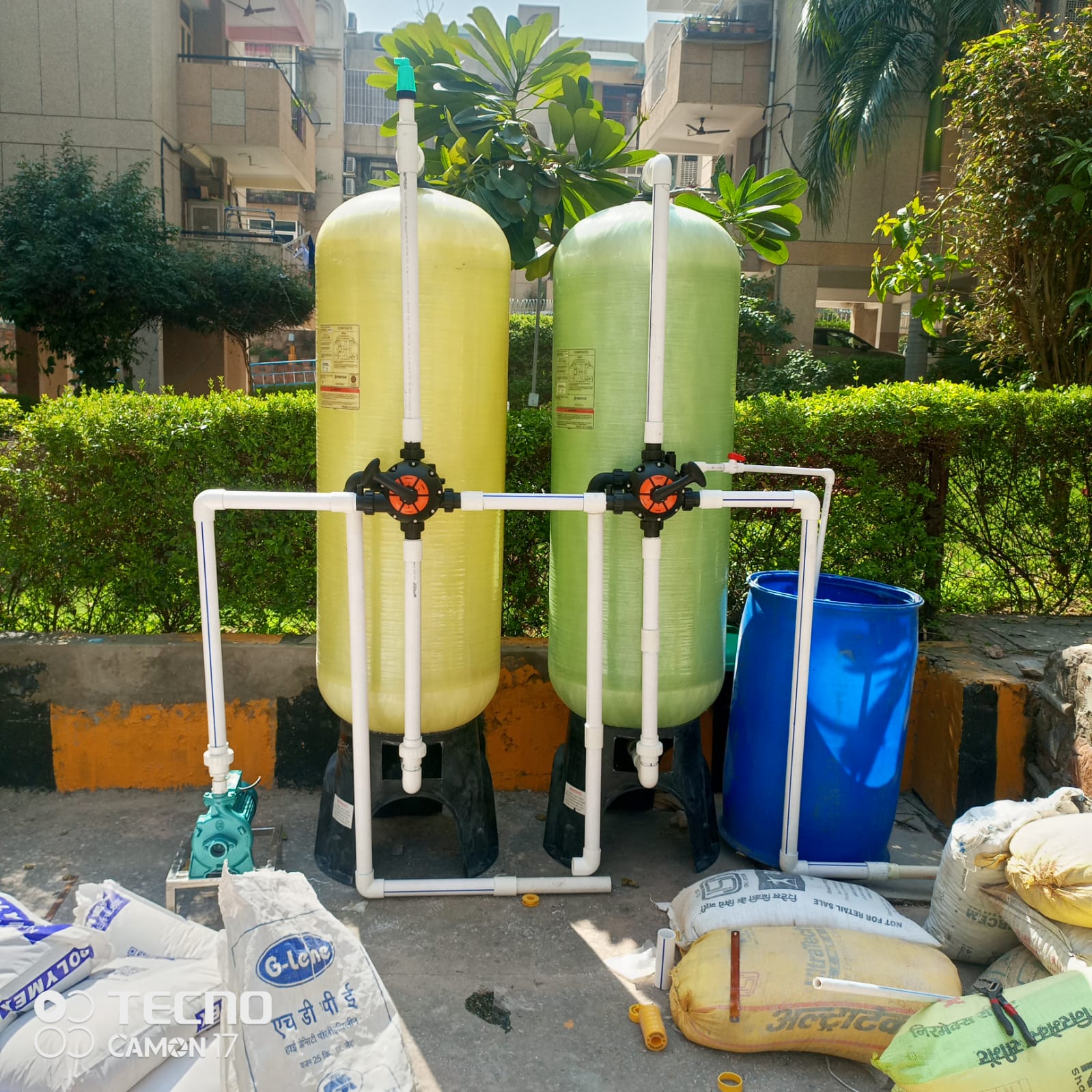
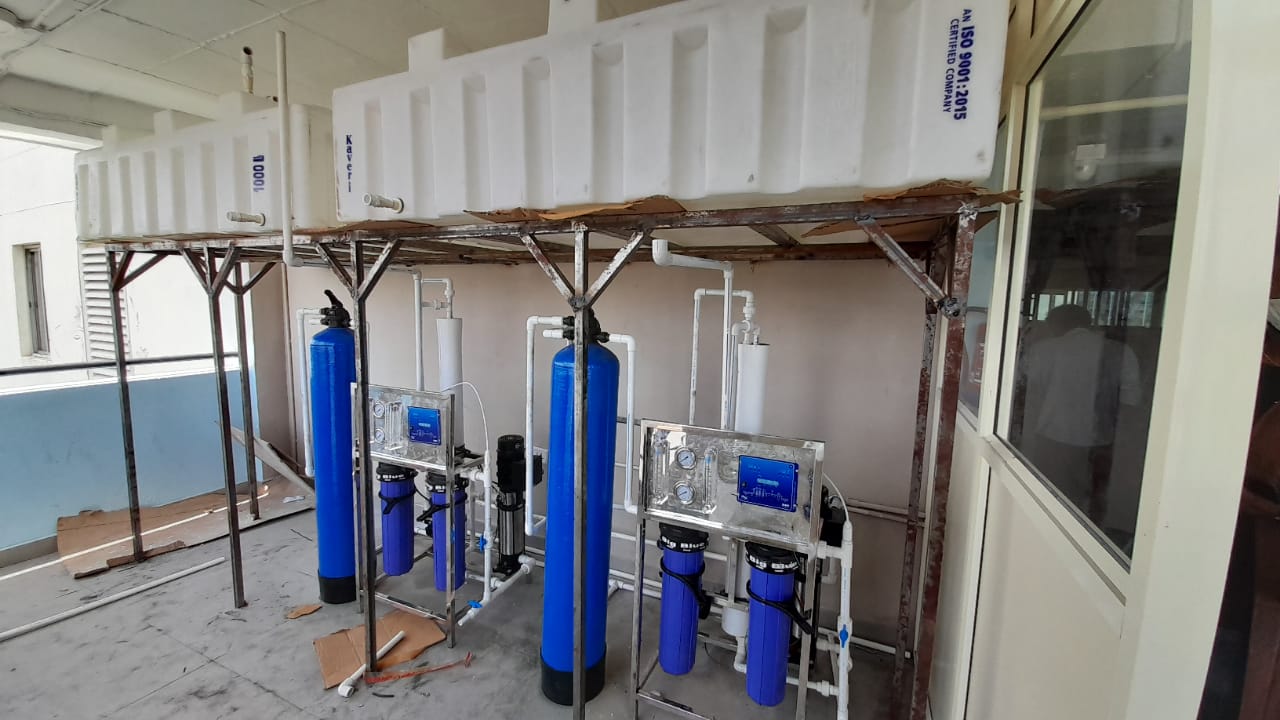
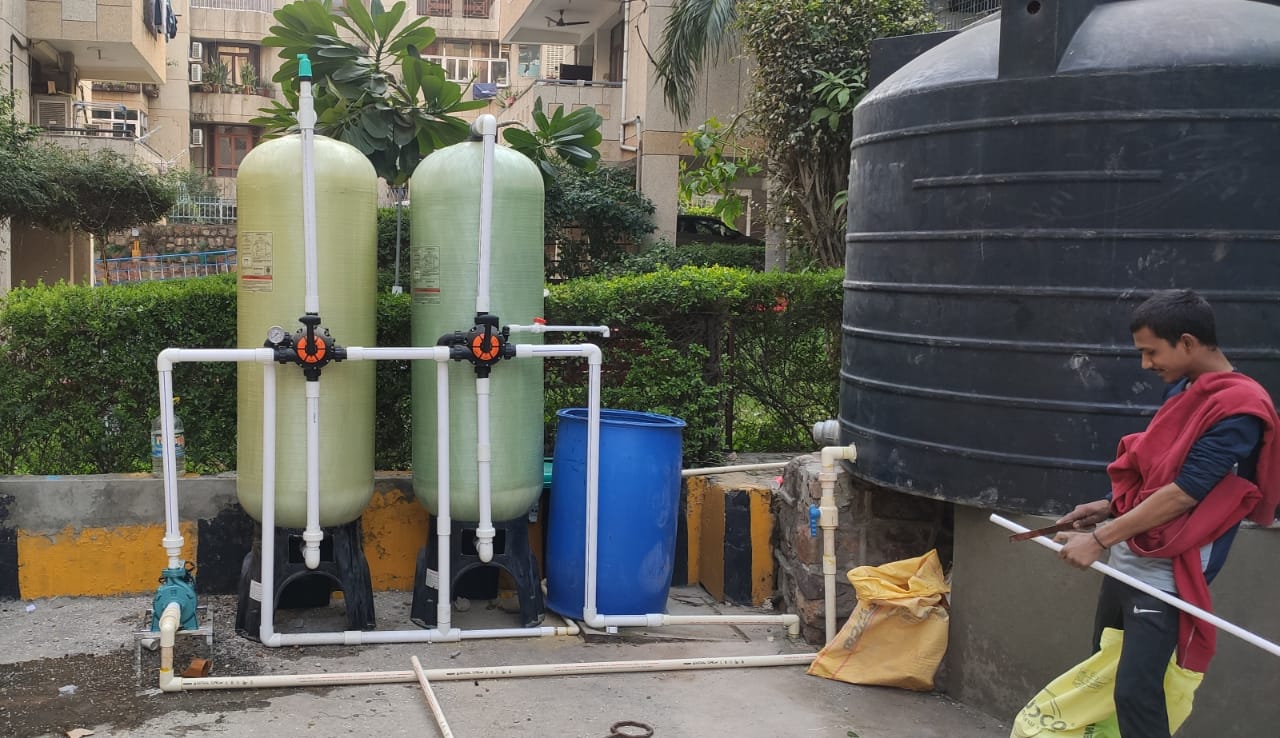
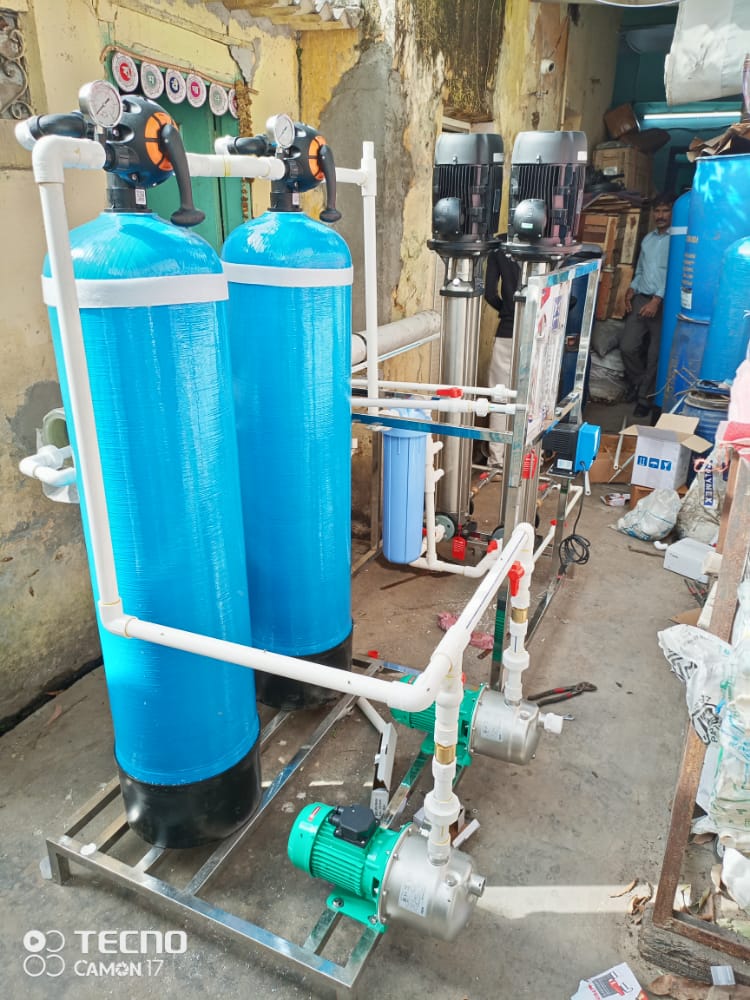
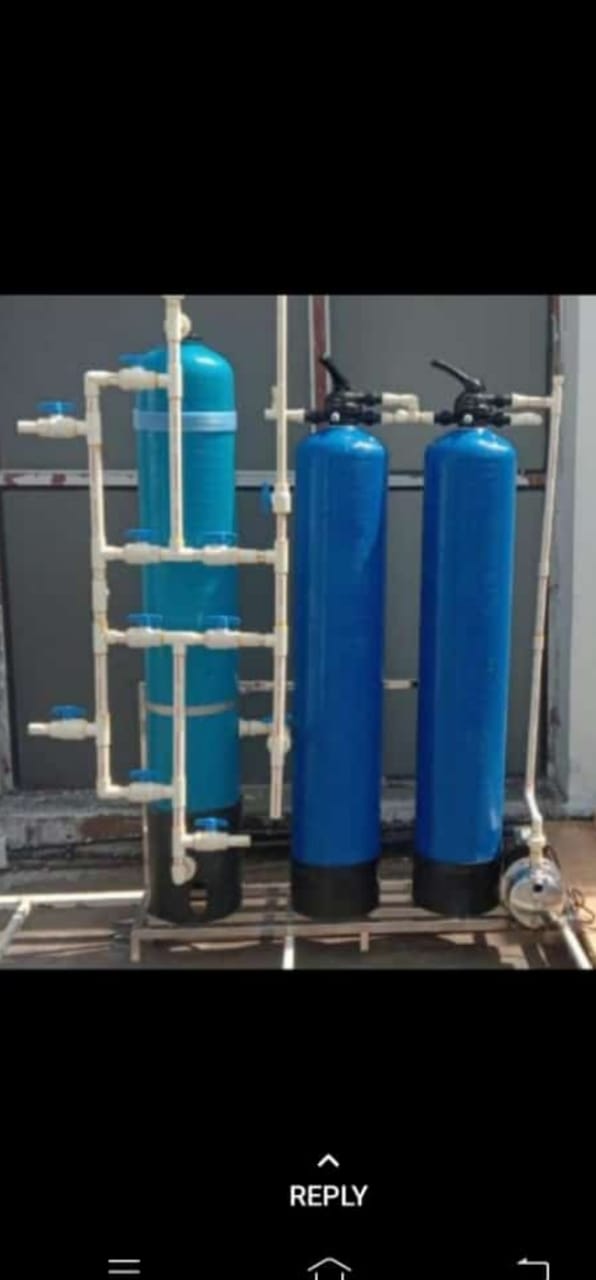
.jpg)